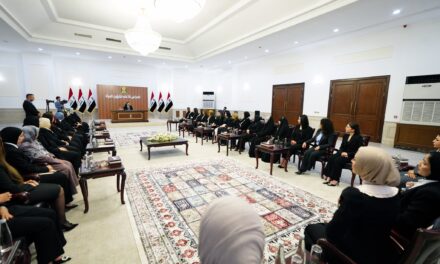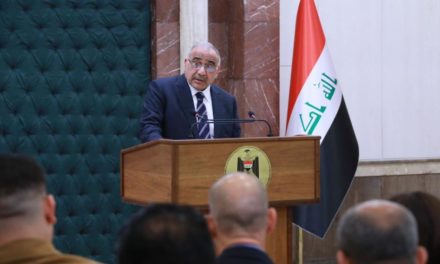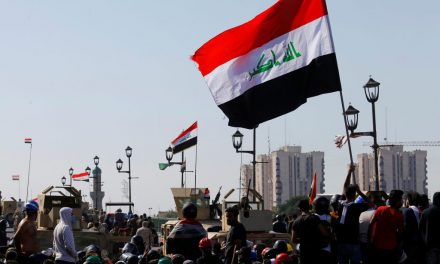Mustafa Al-Kadhimi, Iraq’s latest prime minister-designate, is in the middle of forming the cabinet that he will propose to the Council of Representatives. What the experience of his predecessor, Mohammad Tawfiq Allawi, has made clear is that no candidate can turn against the entire political class. Ultimately, it is those political elites who determine who ascends to the premiership. Therefore, a cabinet of truly independent technocrats is unlikely to pass, despite protesters’ demands.
Nevertheless, Kadhimi needs to pay ode to the protesters in his government programme. Chief amongst these is a genuine assurance of holding accountable those responsible for the killing of hundreds of Iraqi protesters. In order for that to happen, protesters need to be patient with Kadhimi and to understand he will not have the ability to hold anyone accountable unless his government is passed, a task made particularly difficult without the backing of a political bloc in the Council of Representatives. Therefore, the expectations should not come from the proposed government, but rather, from what Kadhimi will deliver in his short tenure once voted in as prime minister.
At the same time, Kadhimi should manage expectations by setting out feasible goals in his government program. His two predecessors, Allawi and Adnan Al-Zurfi, proposed nine-page and eight-page government programmes respectively. Both were too long and were written in a style more suitable to a full-term premiership. There is no reason for Kadhimi to do the same, as there is little he or anyone in his position can realistically accomplish during this shortened term. Having a concise government programme would suggest Kadhimi is aware he is under unique short-term circumstances and he would not be insulting Iraqis by providing typical rhetoric. However, what he should focus on is rebuilding trust between the government and its citizens. The Iraqi state’s internal credibility has suffered under Adil Abd Al-Mahdi’s eleven-month tenure. And, arguably, this deterioration has started long before. As such, the first step is to prioritize justice for protestors and to root out corruption.
The other expectation that protesters have of Kadhimi’s incoming government is to hold early elections. Logistically, it will be difficult to do so before 2022, particularly with the new election law passed by the Council of Representatives. While the resigned prime minister called for early elections in December 2020, it will be tough for Kadhimi to set a date for early elections and have the new Independent High Electoral Commission deliver on it. For one, he will be working against political parties that have only paid lip service to holding early elections but have no real interest in them taking place. Having said that, Kadhimi should focus on ensuring that the upcoming elections will be free and fair under the new election law. The quality and legitimacy of these elections is more important than when they are held between now and 2022.
At this moment in time, when Iraq is facing numerous crises, government formation is crucial. The pressure on citizens is mounting: the COVID-19 pandemic has led to a lengthy nationwide curfew that has compounded the financial burden arising from sustained low global oil prices. Iraq needs competent and legitimate leaders to address these issues as soon as possible. Unfortunately, its current leadership has once more failed its people as Iraq has pledged to cut 800,000-1 million barrels of oil a month in production for 2020 without providing a financial roadmap to address the loss in revenue this will incur. This is in addition to the added financial strain by Abd Al-Mahdi’s government’s commitment to hire 500,000 public sector workers to the proposed 2020 federal budget.
Prolonging the government formation process hurts Iraq because it allows an incompetent and unpopular government to continue to guide the country through multiple storms.

Alaa Kadhem
Alaa Kadhem is a lawyer and leadership consultant with experience in the Middle East.










